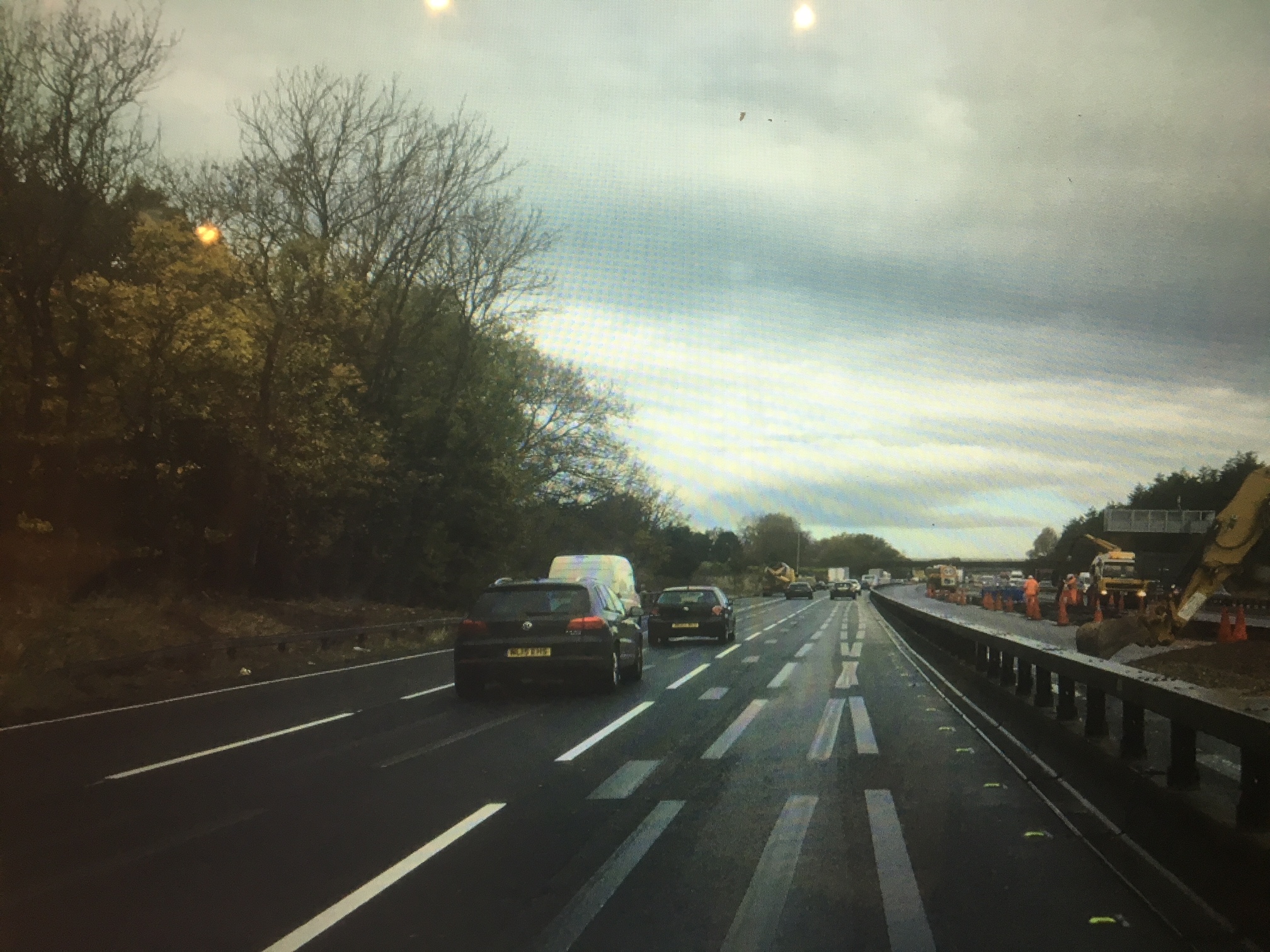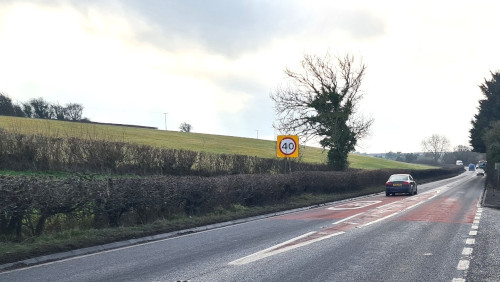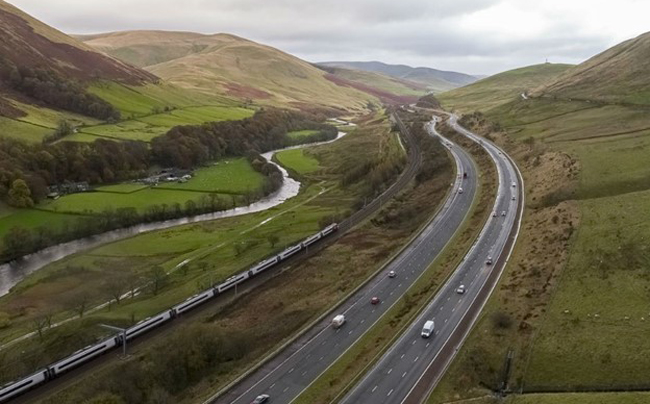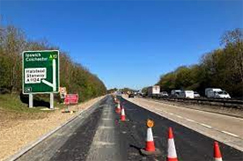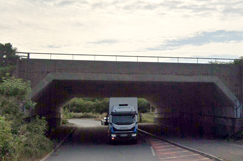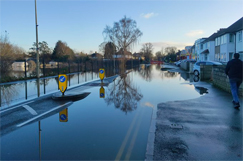Highways England is investing almost £700,000 on research to improve road markings and tackle confusing ‘ghost' markings. Corporate group leader Martin Bolt explains why.
Most drivers will be familiar with frustrating ‘ghost' markings which can cause confusion on sunny days. These are removed or masked lines – white lines painted black – which still appear as faint markings in certain light, making lanes appear unclear. But removing road markings brings its own problems.
That is why Highways England has launched a £685,000 research project to make the problems posed by road markings disappear.
The international competition has seen products from around the world submitted and put to the test – with the road markings subjected to some two million ‘wheel overs'. The results of the research will set a new benchmark standard for the industry and highlight the most effective and safest products to use.
Why was the competition launched?
As well as ‘ghost' markings causing confusion for motorists, removing markings can cause damage to the surface with the repairs adding to the overall cost of road schemes and creating additional work. We know ‘ghost' markings on any roads, not just ours, can be confusing for drivers so we set out to find a solution that makes a real difference not just for road users on our network but across the globe.
With new products, improved technology and a greater focus on innovations and more collaborative ways of working we are asking our supply chain to raise the bar above the standards that we previously set.
What is involved?
The Transforming Road Markings competition was launched through Highways England's Innovation Designated Fund, in conjunction with Roadcare and Kier, and received 36 entries from across the globe. The aim was to find the most effective road markings that will also reduce damage to the surface when the lines are removed. Entries were separated into five material categories: thermoplastics, cold plastics, tapes, water-based paints, as well as ‘others' – products not specified in the other categories or the use of a combination of them.
Applicants were asked to send samples of their product for testing, which has been taking place at an industry-recognised centre in Madrid. The materials were tested for skid-resistance, contrast and wet and dry retro-reflectivity. They were subjected to two million ‘wheel-overs' to test the durability of the markings. The winning entries are:
Thermoplastics
- l–WJ Roadmarkings (England)
- l–Geveko Roadmarkings (Sweden)
- l–Swarco (Germany)
Cold plastics
- l–SWARCO (Germany)
- l–MEON (England)
- l–SWARCO (Germany)
Tapes
- l–3M (England)
Others
- l– MEON (England)
No water paints product reached the minimum requirements.
What happens now?
The materials submitted by the winners have been laid along the M5 in the South West where they will be tested in all weathers over the next 12 months. As well as testing the materials, further testing will also be carried out on five removal systems.
What impact will this competition have on the industry?
We hope the outcome of the competition will be to set a new benchmark standard and give us a greater understanding of the materials and processes we, and the road industry, should be using in future schemes. Once complete, the most successful products will be highlighted in research shared around the world and setting new high standards for the road industry.
There was a high standard of entries and many of the products performed to a level above the existing specification. We were pleased to see some different and innovative approaches. This is a worldwide problem with road marking removal and it is the first time the industry has been challenged like this.
What our partners say
Kevin Dawson, managing director of Roadcare, said: ‘Competitors from across the globe have told us how refreshing and inspiring it has been that Highways England is leading the way in looking for solutions to what is an international issue. It is fully supportive in helping to find a sustainable solution to the road markings challenges.'
Scott Cooper, managing director of strategic highways at Kier, commented: ‘By working collaboratively with our client and supply chain partners such as WJ, Wilson and Scott, and Roadcare, we have been able to continue to develop and deliver new ideas, products and processes.
This will help deliver safer roads as scarring and ghosting will disappear. The customer experience through road works will improve as a result of clearer markings and finished schemes will have a cleaner appearance.'
How is Highways England investing in innovation?
Highways England is committed to investing in research and innovation to enable us to remain at the forefront of ensuring our strategic roads are more dependable, durable and safe.
Our Innovation Designated Fund provides £150m in the first Road Investment Strategy for capital projects to discover and implement emergency technologies, new materials and ways of working.
For more details of Highways England developments visit the Innovation Hub at https://highwaysengland.co.uk/innovation-hub/

